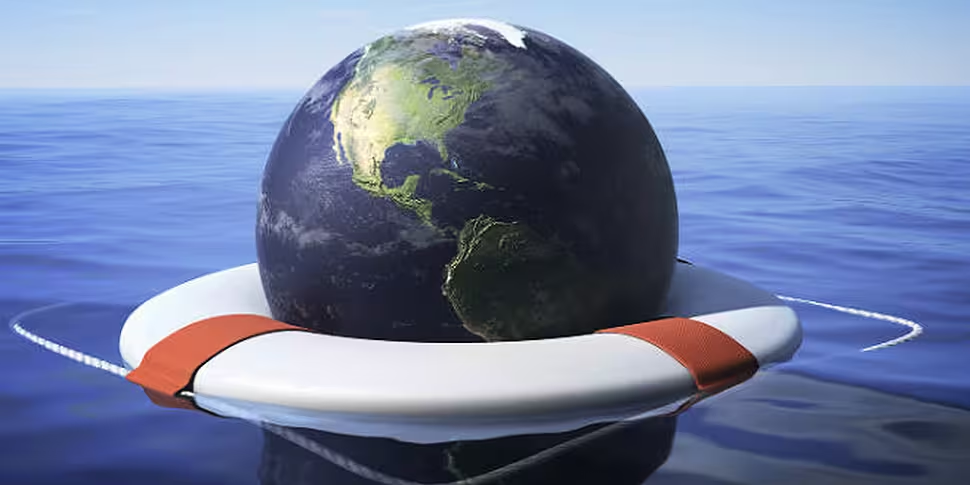On the NPR TED Radio Hour, Saturday 16th February, Newstalk FM
In a world with limited resources, can we find ways to salvage what's disappearing? Can we innovate our way out of a finite landscape? In this weeks episode TED speakers explore ideas about living with less.
The isolated tribes of the Amazon are getting dispersed or dying out. Ethnobotanist Mark Plotkin describes what we'll lose if their culture and collective wisdom vanish with them.
He describes how he witnessed his own death by drinking a ‘medicine’ in the Amazon. ‘I just remember crying and screaming and wishing I was dead’
Ecologist Jon Foley says agriculture is the "most powerful force unleashed on this planet since the end of the Ice Age." He says we're using too much to irrigate and we have to rethink how we farm.
‘In a single lifetime the world has changed more than all of human history combined’. He claims that water and food are connected in a way that just isn’t sustainable. He thinks this is a problem that is only going to get worse.
Antibiotics save lives. But we rely on them too much, and eventually the drugs may stop working. Economist Ramanan Laxminarayan asks us to think twice before reaching for this fragile resource. He asks how a miracle drug turned into a global health threat?
Community organiser Rob Hopkins argues that individuals, towns and communities have a large role to play in lowering our dependence on fossil fuels. He thinks things creating something as simple as a new garden in a town can make a huge difference.
Navi Radjou has spent years studying "jugaad," also known as frugal innovation. While researching emerging markets, he realised creativity might be the most precious renewable resource.
He believes people are more liberated when you have limited resources. ‘When you start from the bottom you have nothing to lose’









